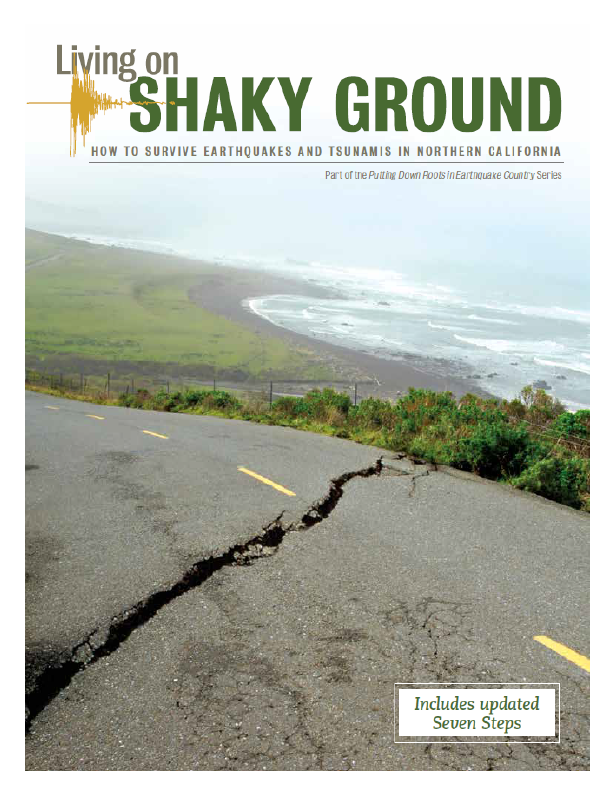CATEGORIES OF MISCOMMUNICATION
Sender-related Miscommunication
The responsibility of the sender of a message is to make it as easy as possible to understand the intended meaning. If work must be done to get your point across, it is on you as the sender to do all you can to make that happen. (The receiver also has their responsibilities that we’ll examine below but listening and reading are not necessarily as labour-intensive as composing a message in either speech or writing.) This is why grammar, punctuation, and even document design in written materials, as well as excellent conversational and presentation skills, are so important: sender errors in these aspects of communication lead to readers’ and audiences’ confusion and frustration, which get in the way of their understanding the meaning you intended. If senders of messages fail to anticipate their audience’s needs and miss the target of writing or saying the right thing in the right way to get their messages across, they bear the responsibility for miscommunication and need to pay close attention to the lessons throughout this textbook to help them get back on target.
If the sender has any doubt that their message is being understood, it’s also on them to check in to make sure. If you are giving a presentation, for instance, you can employ several techniques to help ensure that your audience stays with you:
- Ensure that they can properly hear you by projecting your voice so that even the people in the back row can hear you properly; check that they can by asking if they can hear you just fine.
- Get them involved and engaged by asking for a show of hands-on topical questions.
- Ask them to ask questions if they don’t understand anything; make them feel at ease to ask questions by saying that there are no stupid questions and that if a question occurs to any one of them, it is probably also occurring to the rest.
- Flag important points and, several minutes later, ask them to summarize them back to you
Channel-related Miscommunication
Errors can also be blamed on the medium of the message such as the technology and the environment—some of which can slide back to choices the sender makes, but others are out of anyone’s control. If you need to work out the terms of a sale with a supplier a few towns over before you draw up the invoice and time is of the essence, sending an email and expecting a quick response would be foolish when you (a) have no idea if anyone’s there to write back right away, and (b) would potentially need to go back and forth over the terms; this exchange could potentially take days, but you only have an hour. The smart move is instead to phone the supplier so that you can have a quick conversation. If you need to, you could also text them to say that you’re calling to hammer out the details before writing it up. Of course, you wouldn’t call using a cellphone from inside a parking garage because blame for problems with the reception (or interference) would slide back on you for not positioning yourself appropriately given the available environments. If phone lines and the internet are down due to equipment malfunction (despite paying your bills and buying trustworthy equipment), however rare that might be, the problem is obviously out of your hands and in the environment. Otherwise, it’s entirely up to you to use the right channels the correct way in the environments best suited to clear communication to get the job done.











